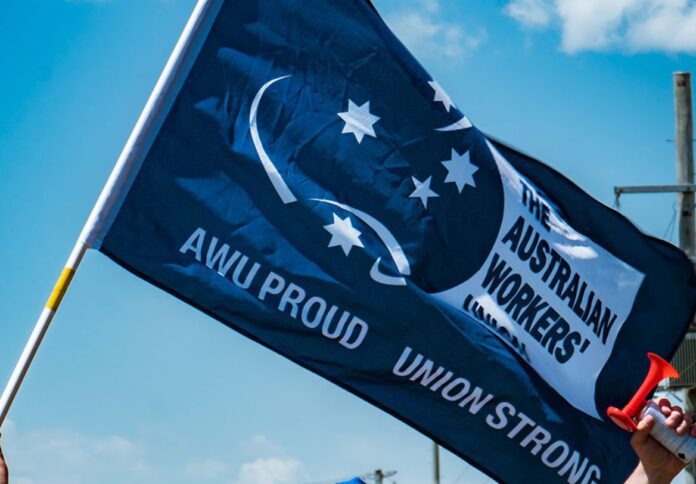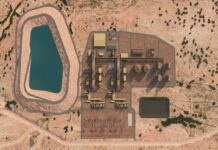
The Australian Workers’ Union (AWU) has commended the Albanese government’s new deals with gas companies Woodside and Esso to supply the East Coast with gas, calling it a win for local manufacturing and households in the region.
AWU noted that the federal government should pursue more of these enforceable supply commitments with other gas companies, which have been accelerated by the government’s Gas Market Code laws, which took effect in July 2023.
AWU National Secretary Paul Farrow said the union has long urged the major parties to strike deals similar to what the Albanese Government has just signed with Woodside and Esso.
“Since 2010 we have urged politicians of all stripes to reserve a portion of our Australian gas for Australians, for households, manufacturers and to ease our transition to renewables, and now finally someone has listened with a legally enforceable deal,” Farrow said.
“Everyone wins from this deal, working families get sensibly priced gas to cook dinner, manufacturers get an irreplaceable feedstock, and our renewable energy market gets the peaking and firming it needs as it builds to full strength.”
A reliable supply of sensibly priced gas is crucial for families and manufacturers in the country where it is used as an irreplaceable feedstock and for power and to ensure peaking and firming in the renewable market as it builds to full strength.
And if that means opening up new gas fields, on or offshore, the government needs to do it especially as existing gas wells in the Bass Strait dry up, AWU said in a media release.
Furthermore, the union noted that if Australia is to reach its 82 per cent renewable target by 2030, the country needs to realise the remaining 18 per cent is likely to be gas, given that it is more flexible than coal as it can be turned “on and off” more easily.
“Manufacturers desperately need certainty when it comes to gas, especially those like plastics manufacturers who don’t burn it but use the chemicals in gas to make products, or those who need gas to reach very high burning temperatures for chemical processes, for them it’s an irreplaceable resource,” Farrow added.
“If Australia, and our regional neighbours in Asia, are going to get to net zero emissions we’re going to need a flexible fuel like gas to ease the transition to a fully renewable grid well into the 2040s. This is why we need to see new gas developments opened up on and offshore.”



















